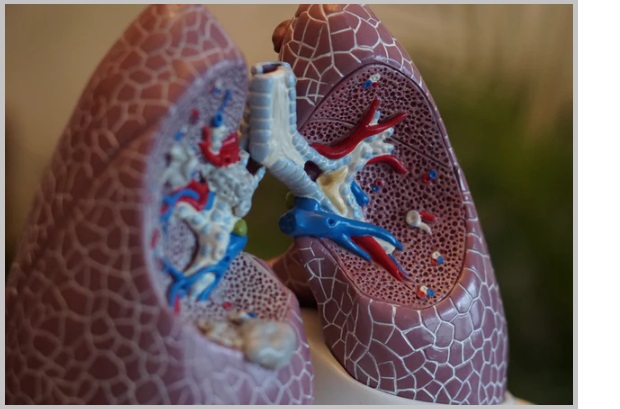 Asthma is a chronic disease involving the airways in the lungs. These airways, or bronchial tubes,
allow air to come in and out of the lungs.
We provide all forms of Asthma Evaulation and Treatment.
If you have asthma your airways are always inflamed. They become even more swollen and the muscles around
the airways can tighten when something triggers your symptoms. This makes it difficult for air to move in
and out of the lungs, causing symptoms such as coughing, wheezing, shortness of breath and/or chest tightness.
Asthma is a chronic disease involving the airways in the lungs. These airways, or bronchial tubes,
allow air to come in and out of the lungs.
We provide all forms of Asthma Evaulation and Treatment.
If you have asthma your airways are always inflamed. They become even more swollen and the muscles around
the airways can tighten when something triggers your symptoms. This makes it difficult for air to move in
and out of the lungs, causing symptoms such as coughing, wheezing, shortness of breath and/or chest tightness.
For many asthma sufferers, timing of these symptoms is closely related to physical activity. And, some
otherwise healthy people can develop asthma symptoms only when exercising. This is called exercise-induced
bronchoconstriction (EIB), or exercise-induced asthma (EIA). Staying active is an important way to stay healthy,
so asthma shouldn't keep you on the sidelines. Your physician can develop a management plan to keep your symptoms
under control before, during and after physicial activity.
People with a family history of allergies or asthma are more prone to developing asthma. Many people with asthma
also have allergies. This is called allergic asthma.
Occupational asthma is caused by inhaling fumes, gases, dust or other potentially harmful substances while on the job.
Childhood asthma impacts millions of children and their families. In fact, the majority of children who develop
asthma do so before the age of five.
There is no cure for asthma, but once it is properly diagnosed and a treatment plan is in place you will be able to
manage your condition, and your quality of life will improve.
 A pulmonary function test determines how your lungs function by measuring the amount of air your lungs hold and how fast
the air enters and exits your respiratory system. Common asthma tests include spirometry and methacholine challenge. However,
a broad scope of pulmonary function tests can be used to diagnose many lung conditions besides asthma.
A pulmonary function test determines how your lungs function by measuring the amount of air your lungs hold and how fast
the air enters and exits your respiratory system. Common asthma tests include spirometry and methacholine challenge. However,
a broad scope of pulmonary function tests can be used to diagnose many lung conditions besides asthma.

